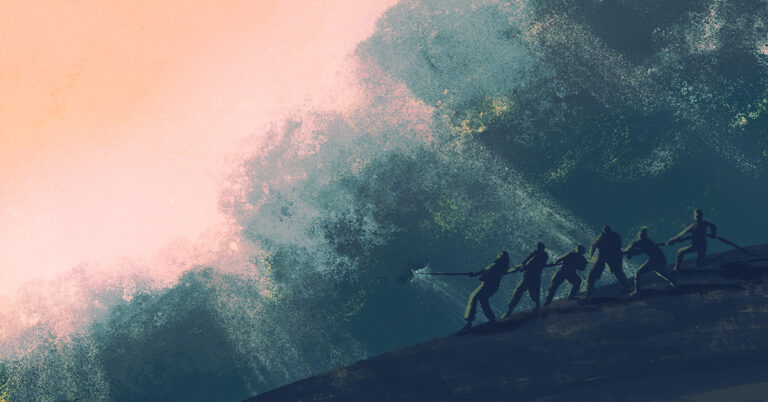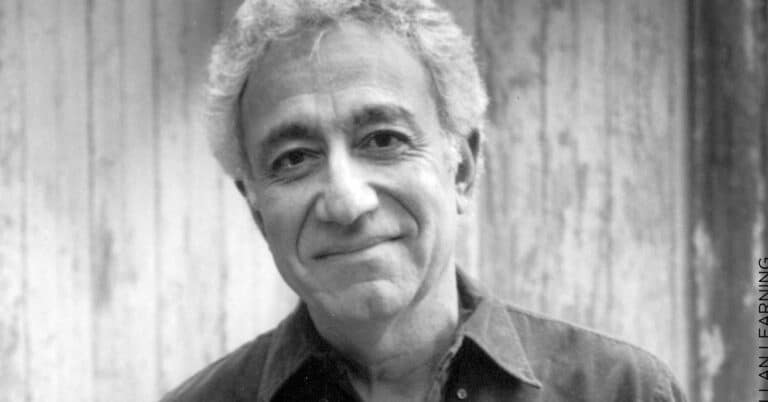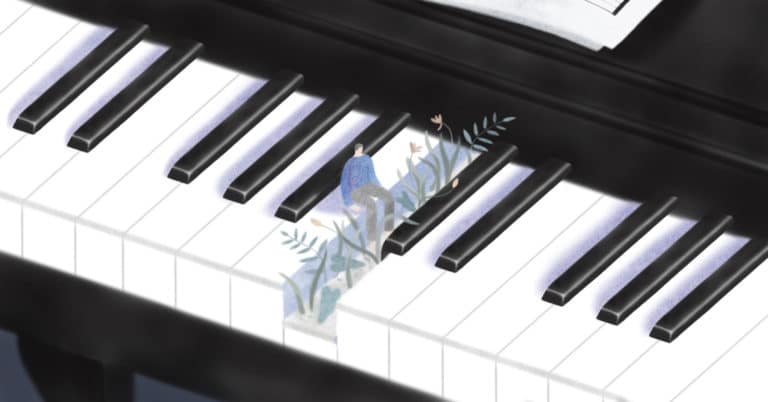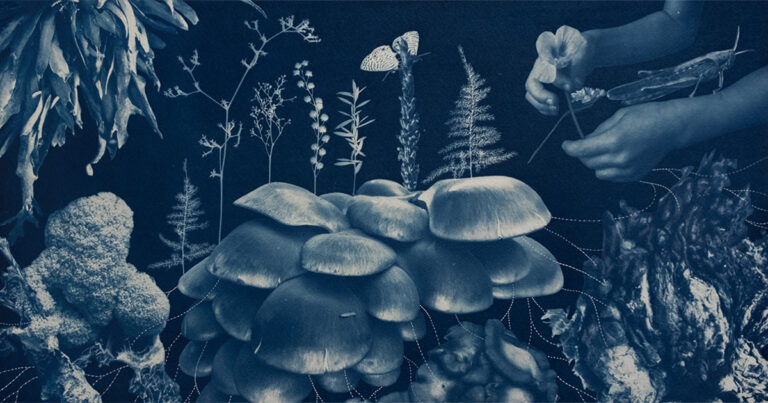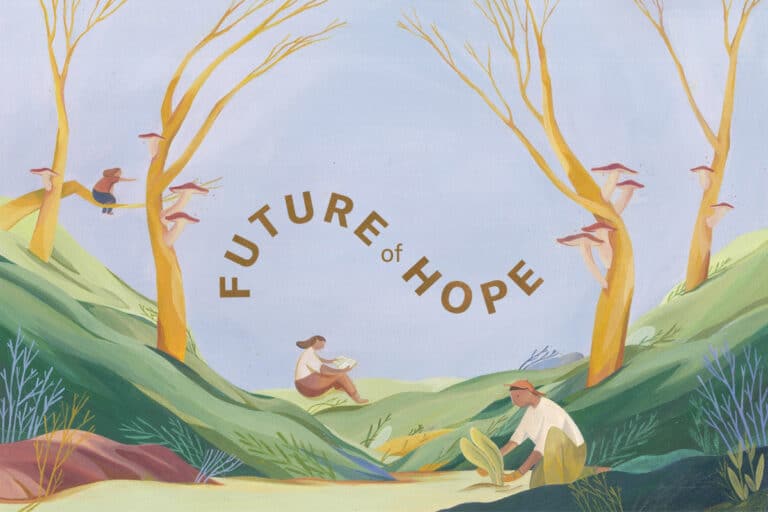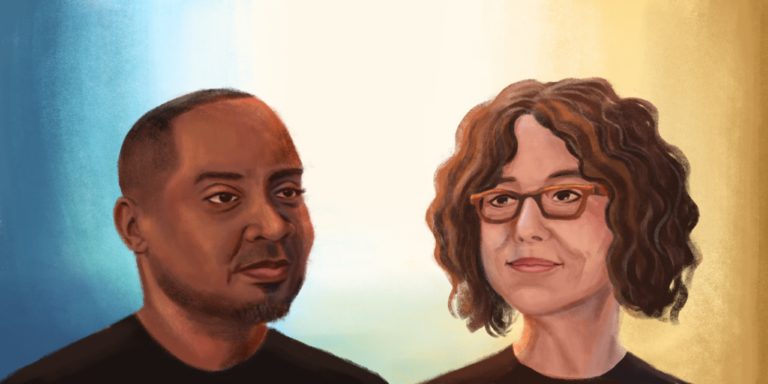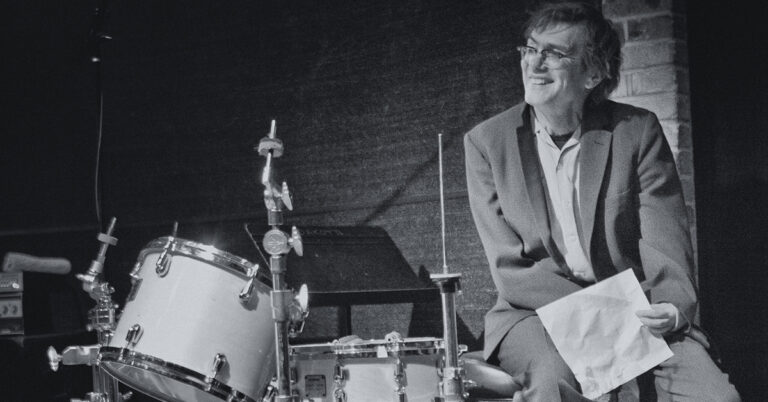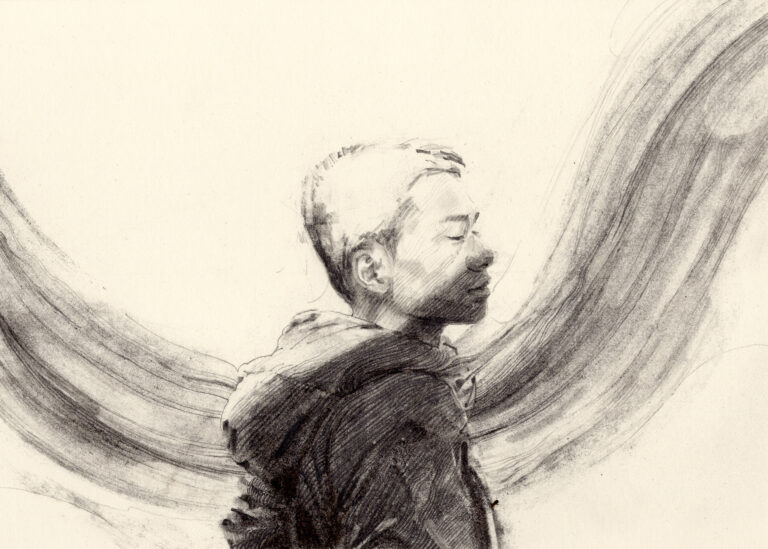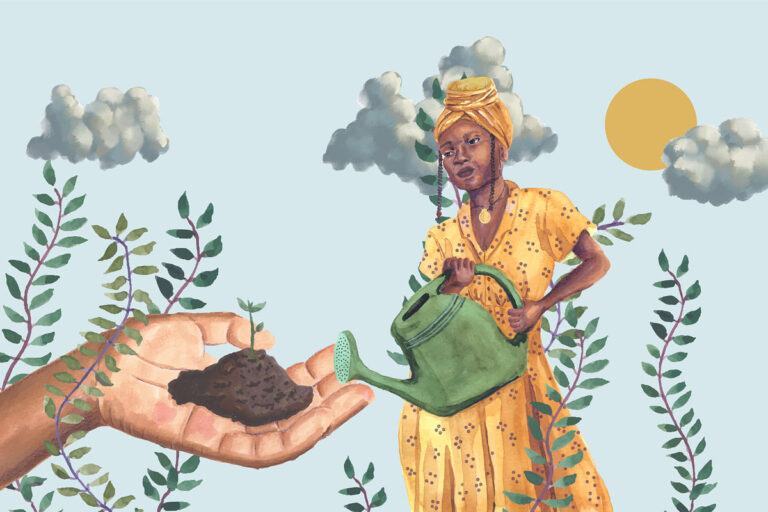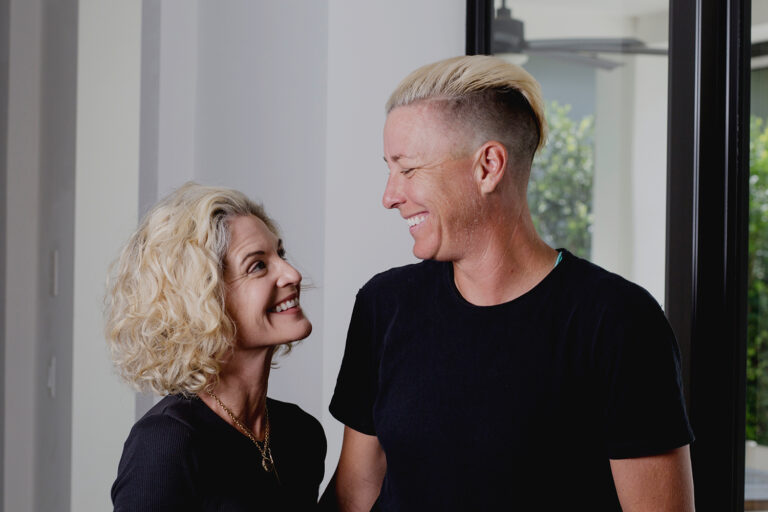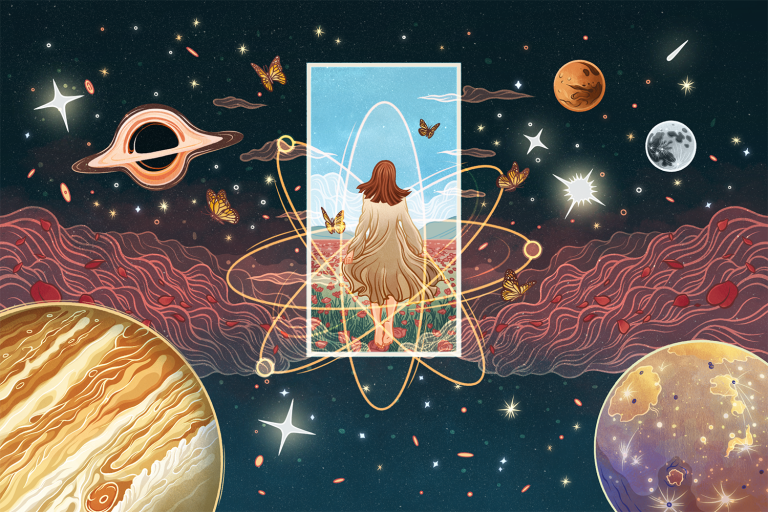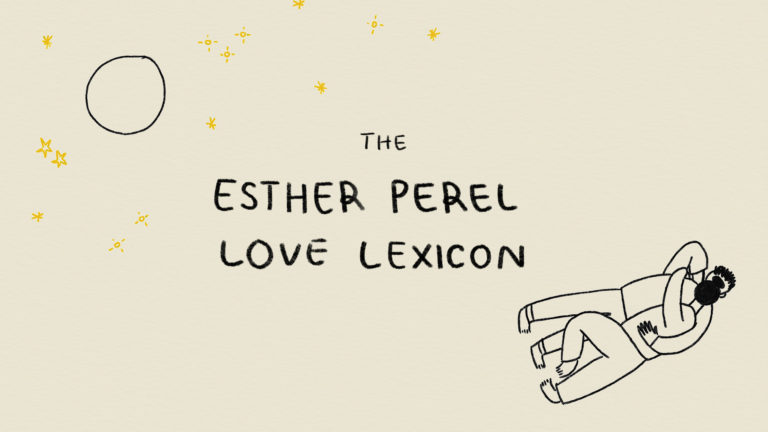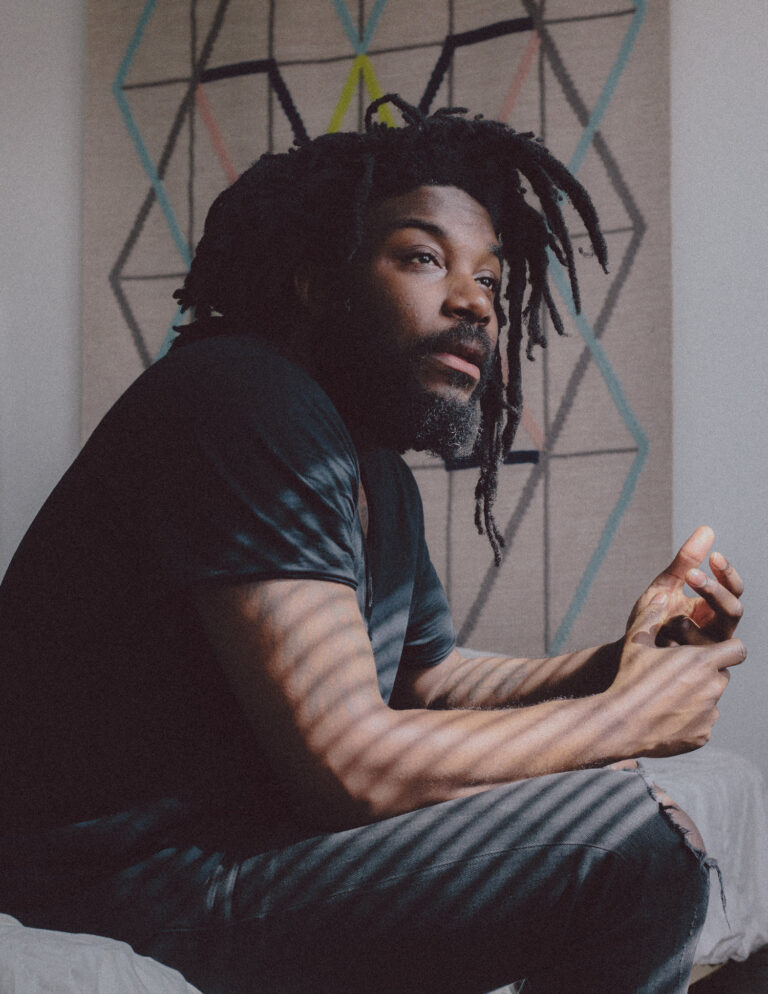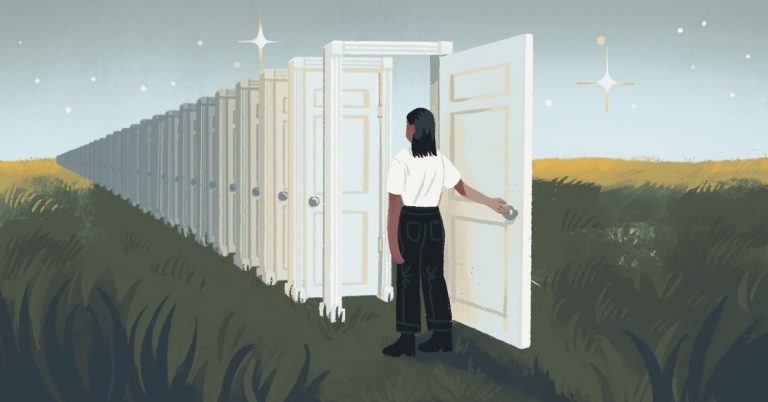October 21, 2021
Katharine Hayhoe
“Our future is still in our hands”
Katharine Hayhoe is one of the most esteemed atmospheric scientists in the world. She’s made her mark by connecting dots between climate systems and weather patterns and the lived experience of human beings in their neighborhoods and communities. She’s also an ambassador, if you will, between the science of climate change and the world of evangelical Christian faith and practice, which she also inhabits. To delve into that with her is to learn a great deal that refreshingly complicates the picture of what is possible and what is already happening, even across what feel like cultural fault lines. If you want to speak and walk differently on this frontier, this is a conversation for you.





